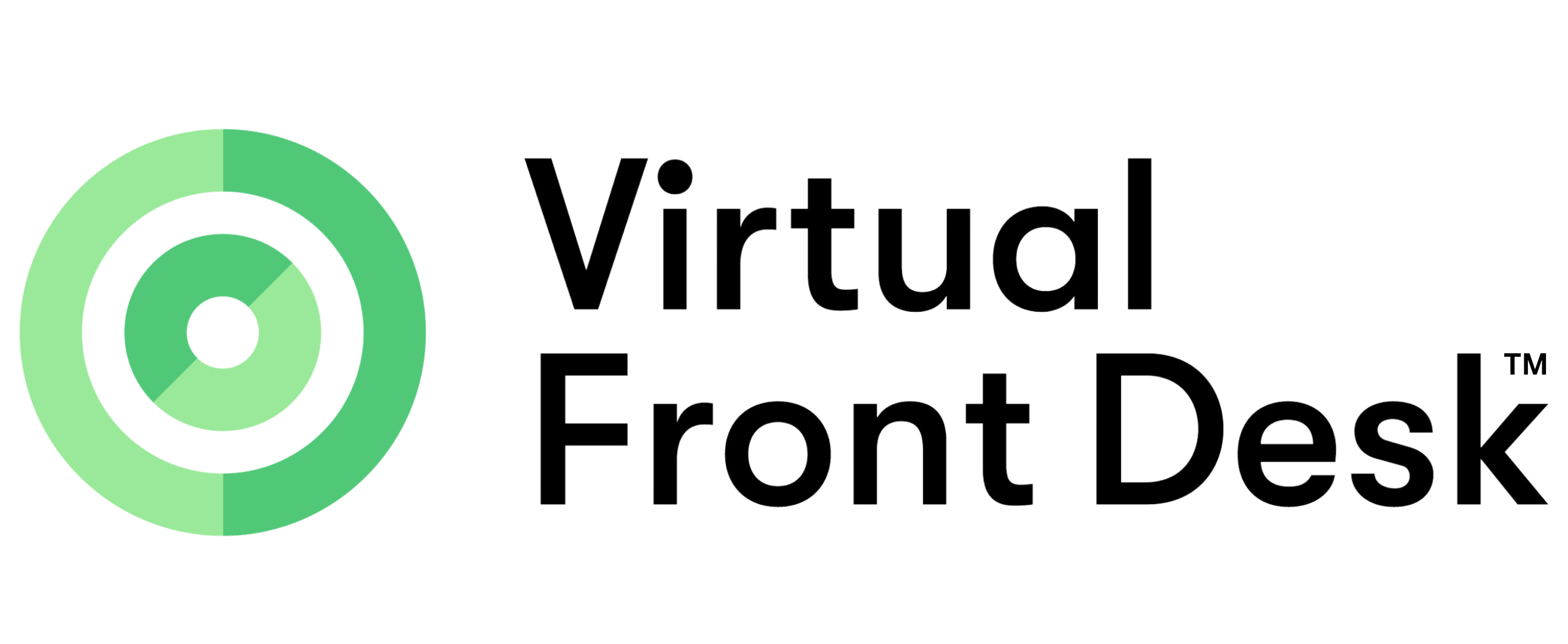Built on Microsoft Azure with ACS for Secure, HIPAA-Compliant Video Technology
Virtual Front Desk – Built on Microsoft Azure with ACS for Secure, HIPAA-Compliant Video Technology
Virtual Front Desk is a modern, cloud-based visitor management and virtual reception platform designed for enterprise-grade security, reliability, and scalability. Our application is built entirely on Microsoft Azure, leveraging the power of Azure’s global infrastructure and advanced security capabilities to deliver a trusted experience to organizations around the world.
Microsoft Azure – Our Infrastructure Backbone
Virtual Front Desk is hosted exclusively on Microsoft Azure, one of the most secure and compliant cloud platforms available today. Azure enables us to:
Ensure data security and privacy through end-to-end encryption, access controls, and network protection.
Meet stringent compliance requirements, including HIPAA, GDPR, SOC 2, ISO/IEC 27001, and more.
Maintain high availability with redundant regional hosting options and built-in disaster recovery.
Scale globally, offering performance optimization and data residency where required.
Azure Communication Services (ACS) – Our Video Technology
For real-time video communication, Virtual Front Desk uses Azure Communication Services (ACS). ACS is the same secure video platform that powers Microsoft Teams and provides:
Enterprise-grade video calling, fully integrated into our application.
Secure identity management with Microsoft Entra ID (formerly Azure Active Directory).
Encrypted media streams, protecting all video and audio interactions from end to end.
Built-in compliance with HIPAA, ensuring that protected health information (PHI) is handled in accordance with U.S. healthcare privacy standards.
HIPAA Compliance & Security Commitment
Security and privacy are at the core of everything we do. By building on Azure and ACS, Virtual Front Desk inherits Microsoft's world-class compliance framework. This allows us to confidently support healthcare providers, government institutions, and other regulated industries.
Key security features include:
Data encryption at rest and in transit
Role-based access controls and audit logging
Secure authentication using Microsoft and third-party identity providers
Ongoing security updates and threat monitoring managed by Microsoft
